Gastronomy of El Salvador, nestled in the heart of Central America, El Salvador boasts a culinary tapestry as rich and diverse as its landscapes. With a history deeply rooted in indigenous cultures, Spanish influence, and a melding of flavors over centuries, Salvadorian cuisine is a delightful fusion of tradition and innovation. Join me on a culinary journey through the vibrant and flavorful delights that define the gastronomic landscape of El Salvador.
Pupusas: The Heartbeat of Salvadorian Cuisine
At the core of Salvadorian culinary identity are pupusas, considered by many as the national dish. These thick, handmade corn tortillas are filled with an array of ingredients, typically a combination of cheese, beans, and pork. The pupusa-making process is an art form in itself, requiring skillful hands to shape and stuff the masa (corn dough) with precision.
Pupusas are often served with curtido, a fermented cabbage slaw, and salsa roja, a flavorful red salsa. This combination creates a symphony of textures and tastes, making pupusas a beloved street food and a staple at family gatherings. Whether enjoyed at a local pupusería or prepared at home, pupusas encapsulate the essence of Salvadorian comfort food.
Yuca Frita: Fried Cassava Goodness
Yuca, or cassava, is a starchy root vegetable that holds a special place in Salvadorian cuisine. One of the most popular ways to prepare yuca is by frying it to perfection, resulting in yuca frita. These golden, crispy delights are often served as a side dish or appetizer, accompanied by various dipping sauces.
Yuca frita embodies the simplicity and ingenuity of Salvadorian cuisine, transforming a humble root vegetable into a flavorful and satisfying treat. The crispy exterior gives way to a soft and creamy interior, creating a delightful contrast of textures.
Sopa de Pata: A Hearty Soup with Cultural Roots
Sopa de Pata, or cow’s foot soup, is a hearty and traditional dish that reflects the influence of Indigenous and Spanish culinary traditions. The soup is made by simmering cow’s feet with vegetables such as plantains, yuca, corn, and green beans. The resulting broth is rich and flavorful, infused with the essence of slow-cooked meats and vegetables.
Sopa de Pata is often enjoyed as a comforting meal during special occasions and family gatherings. Its preparation may vary from region to region, with each household adding its unique touch to the recipe. This dish not only satisfies the palate but also serves as a connection to Salvadorian heritage and the culinary practices passed down through generations.
Panes con Pavo: A Christmas Tradition
During the festive season, Salvadorian tables are graced with the presence of panes con pavo, a Christmas tradition that reflects the country’s cultural diversity. This dish consists of turkey sandwiches served on bolillo rolls, generously filled with a flavorful mix of turkey, vegetables, and condiments.
Panes con pavo symbolize the joy and togetherness of the holiday season in El Salvador. Families gather to share this festive meal, often accompanied by a variety of side dishes and desserts. The aroma of roasting turkey and the anticipation of savoring these sandwiches bring a sense of warmth and celebration to Christmas festivities.
Enchiladas Salvadoreñas: A Unique Take on Enchiladas
While the term “enchiladas” might evoke thoughts of Mexican cuisine, Salvadorian enchiladas offer a distinct and delightful variation. In El Salvador, enchiladas are essentially fried tortillas filled with shredded cabbage, beets, carrots, and seasoned meat. What makes Salvadorian enchiladas stand out is the garnish of hard-boiled eggs, crumbled cheese, and a drizzle of tomato sauce.
This dish showcases the creativity and adaptability of Salvadorian cooks, taking inspiration from traditional recipes while incorporating local ingredients and flavors. Salvadorian enchiladas are a visual and culinary feast, combining freshness, crunch, and a burst of flavors in each bite.
Mariscada: Seafood Extravaganza
Given its coastal location, El Salvador’s culinary repertoire includes a variety of seafood dishes, with mariscada being a standout example. Mariscada is a seafood stew that features a medley of fresh seafood, including shrimp, fish, clams, and mussels, cooked in a savory broth seasoned with garlic, onions, tomatoes, and a blend of herbs.
The abundance of seafood in mariscada reflects El Salvador’s access to the bounties of the Pacific Ocean. This dish is a celebration of the country’s coastal heritage, offering a taste of the sea in a comforting and aromatic stew. Mariscada is often enjoyed during special occasions or as a Sunday family meal.
Tamales: A Culinary Artistry in Corn Husks
Tamales hold a special place in the hearts and palates of Salvadorians, as they do across much of Latin America. These bundles of joy consist of masa (corn dough) filled with various ingredients, such as meats, vegetables, and chilies, all encased in corn husks and steamed to perfection.
The process of making tamales is a communal affair, often involving multiple family members coming together to prepare and assemble these flavorful delights. Tamales are a symbol of festivity, enjoyed during holidays, celebrations, and family gatherings. The variations in fillings and regional recipes add to the diversity of Salvadorian tamales.
Atol de Elote: Sweet Corn Elixir
No exploration of Salvadorian cuisine is complete without savoring the sweetness of atol de elote. This traditional beverage is a creamy, comforting concoction made from fresh corn, milk, sugar, and cinnamon. Atol de elote is often enjoyed as a breakfast drink or as a sweet treat during cool evenings.
The simplicity of its ingredients belies the richness of its flavor. Atol de elote embodies the essence of Salvadorian comfort food, offering a nostalgic and heartwarming experience with each sip. Its velvety texture and subtle sweetness make it a beloved beverage that resonates with the warmth of Salvadorian hospitality.
Cultural Influences and Culinary Resilience
El Salvadorian cuisine reflects a harmonious blend of Indigenous, Spanish, and African influences, resulting in a diverse and flavorful culinary landscape. The resilience of traditional recipes, passed down through generations, coexists with a willingness to adapt and innovate, creating a dynamic and ever-evolving food culture.
The country’s cuisine is not just about sustenance; it is a celebration of community, family, and cultural heritage. Each dish tells a story, weaving together the threads of history, geography, and the creativity of Salvadorian cooks. Whether enjoyed in the bustling markets of San Salvador, the comfort of a family kitchen, or the festive atmosphere of a special occasion, Salvadorian cuisine invites everyone to savor the tastes and traditions of this beautiful Central American nation.


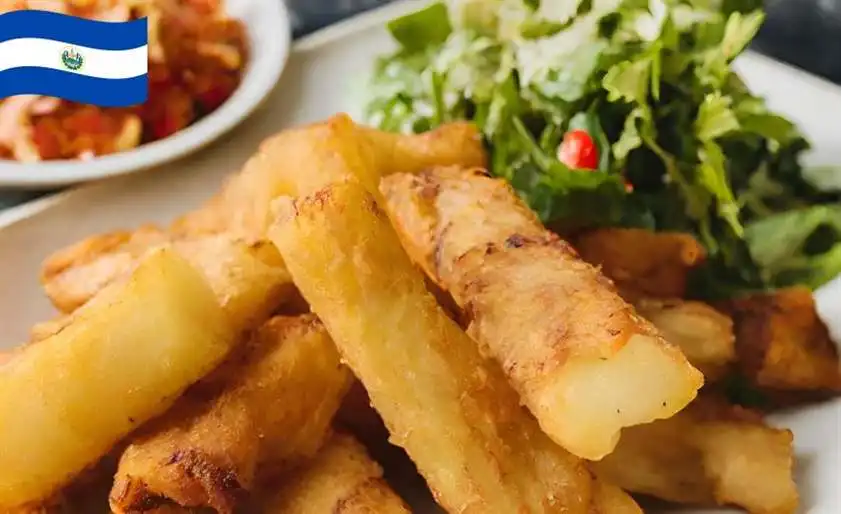

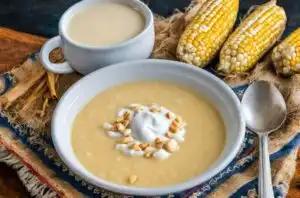
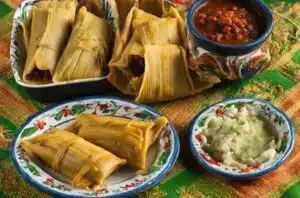
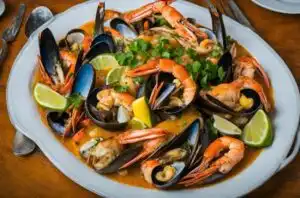
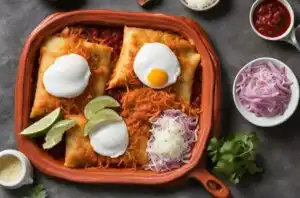

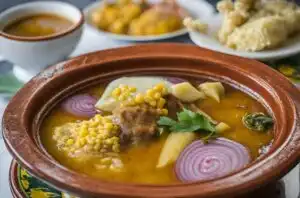
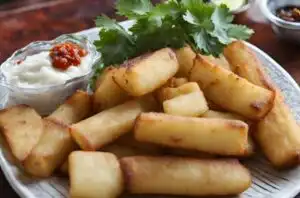
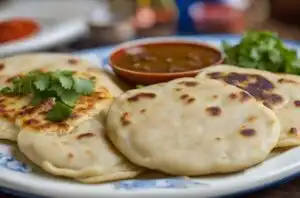





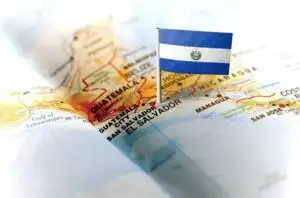

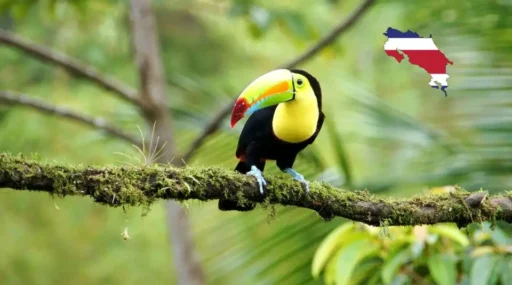


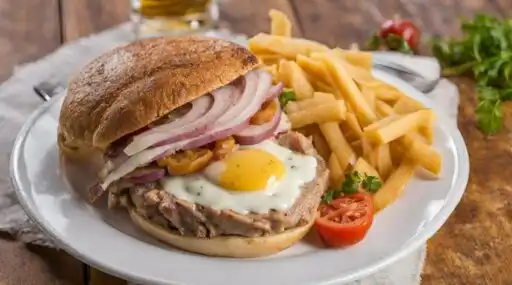


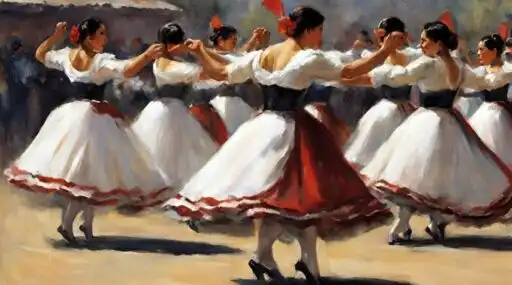


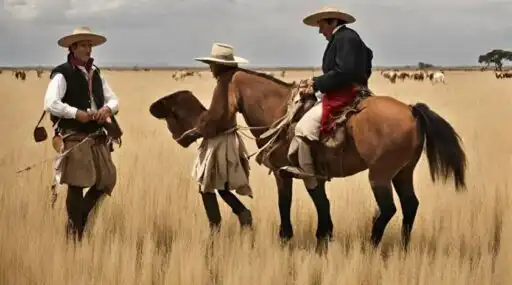

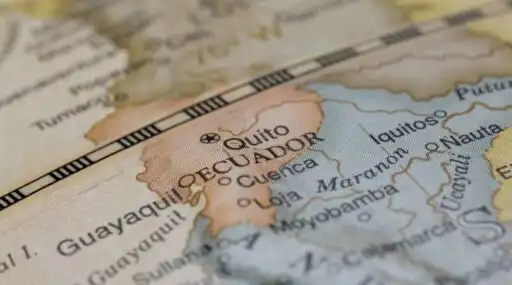



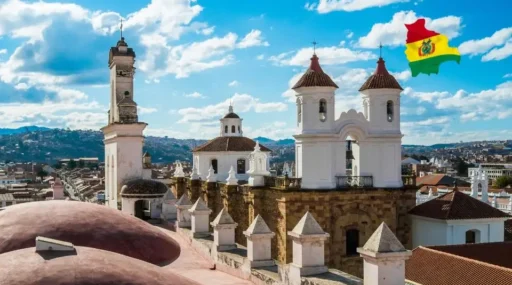

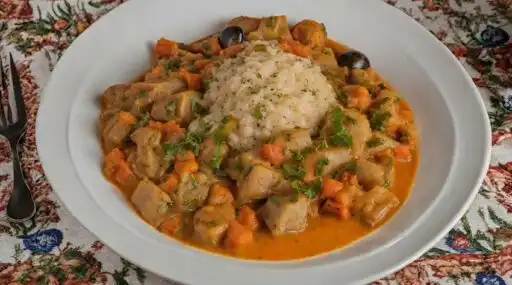




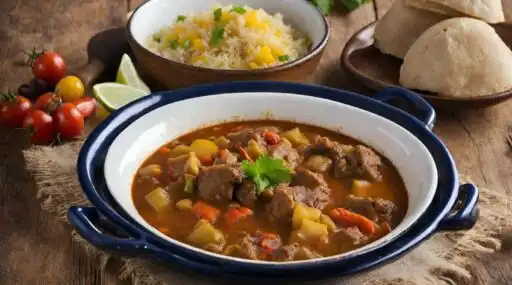
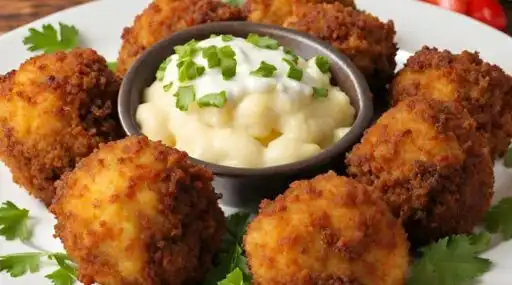
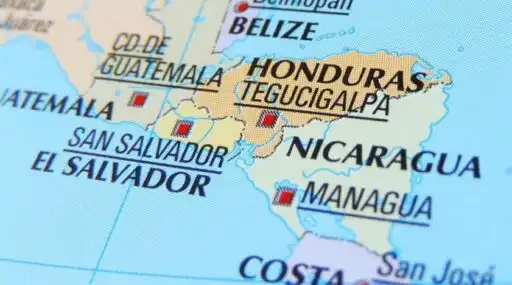

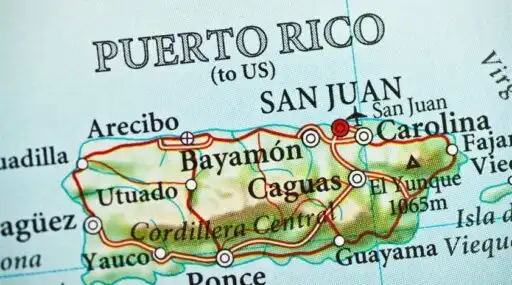

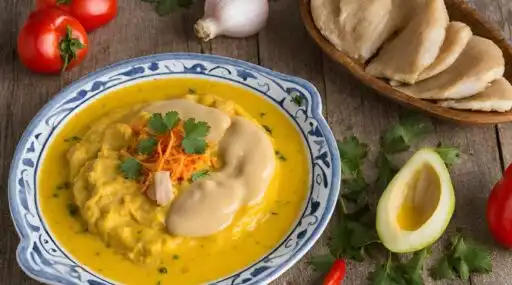

Leave a Reply